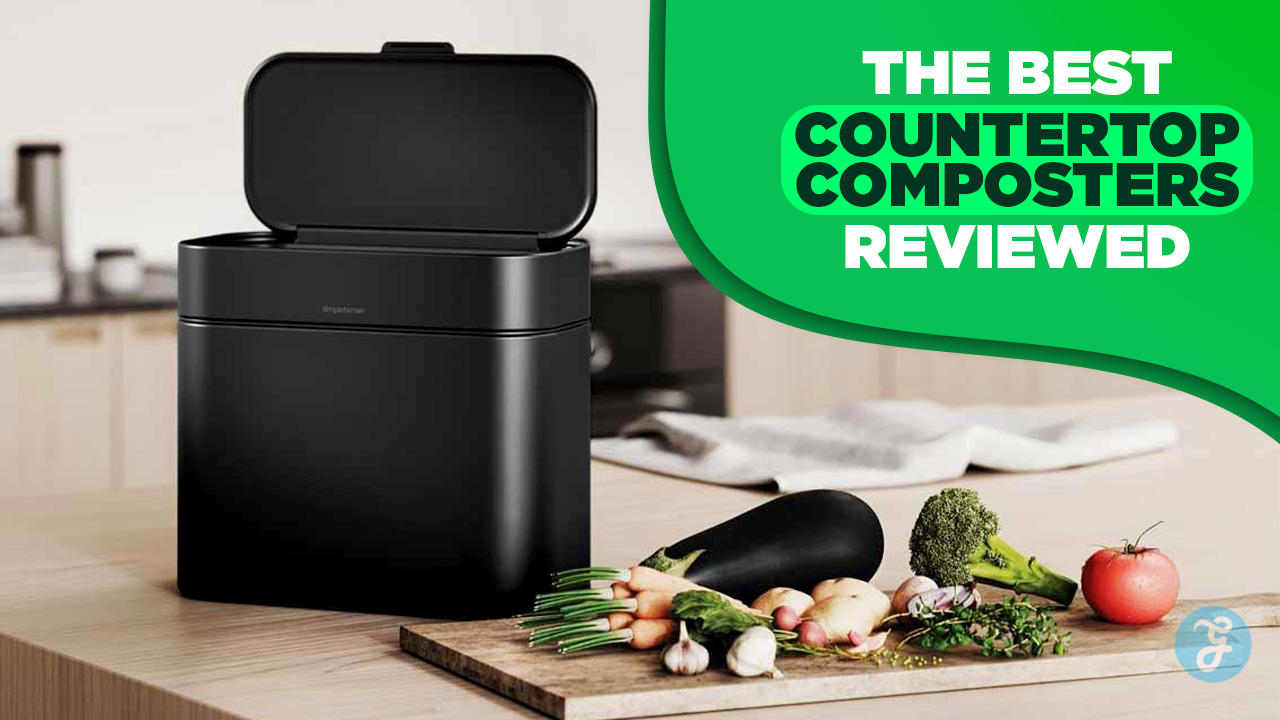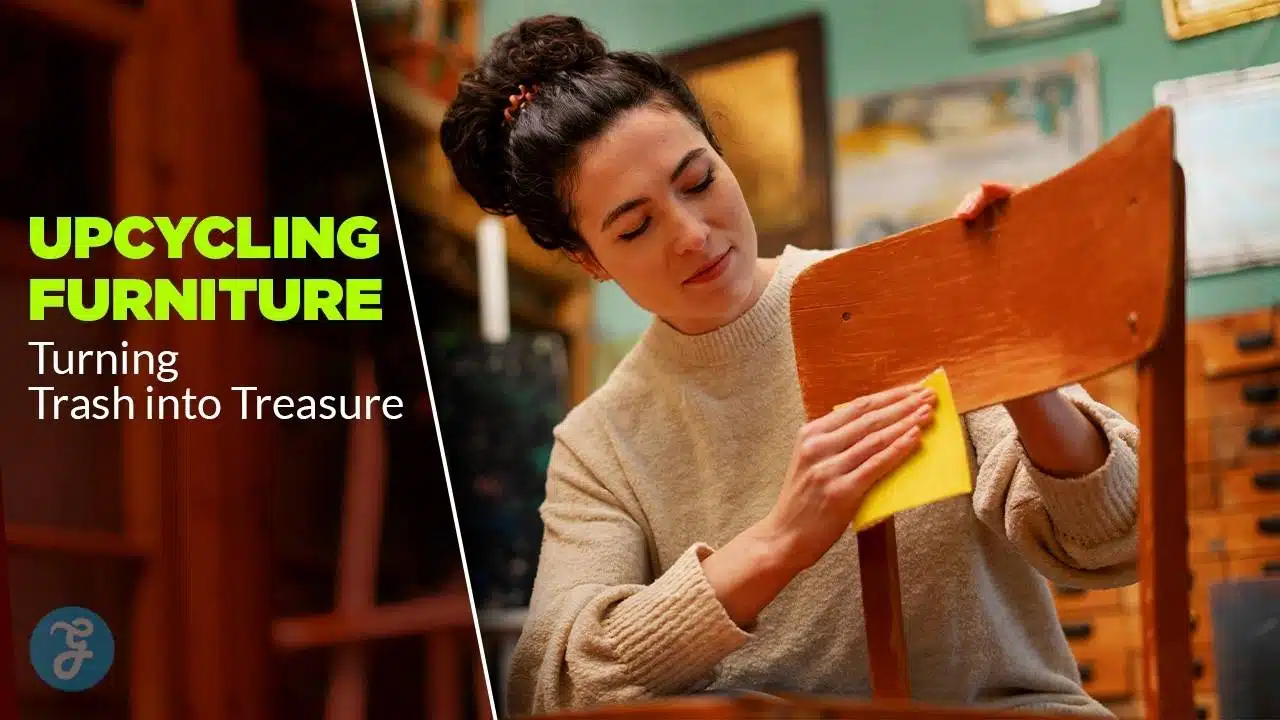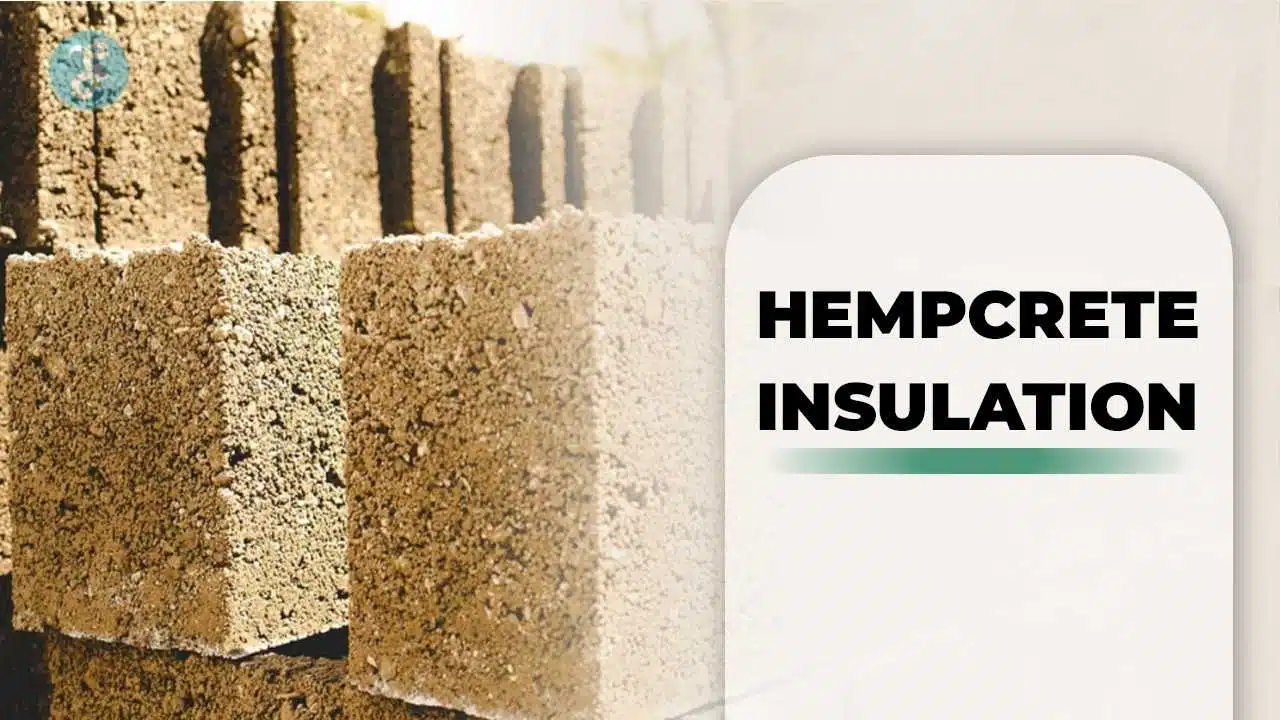Sustainability is fast becoming the core focus in our modern world. It is a concept growing in our consciousness, approaching almost every aspect of our daily lives. However, several people often overlook an integral part of our homes when it comes to sustainability: the kitchen, a place where energy usage is high, waste is abundant, and the carbon footprint is significant.
The kitchen can contribute substantially to household waste and carbon emissions. Hence, there is a growing need for more sustainable practices within this space. This article provides a closer look at the concept of eco-friendly cooking and offers critical tips to help transition your conventional kitchen into a sustainable counterpart. This transformation involves not just an understanding of what eco-friendly cooking encompasses but also choosing environmentally friendly tools and appliances, embracing a sustainable diet, effectively using energy, and ensuring environmentally friendly cleaning and sustainable practices for cooking oil disposal.
Understanding Eco-Friendly Cooking
Eco-friendly cooking refers to sustainable culinary practices aimed at reducing our impact on the natural environment. It is an approach to cooking that takes into account how food is produced, how it is prepared, and how it is disposed of, all with an emphasis on making these processes as low-impact as possible.
From an individual perspective, eco-friendly cooking might look like a series of small, thoughtful decisions prioritising sustainability over convenience. For instance, a person might choose organically grown vegetables, cook using energy-efficient appliances, compost food scraps, or clean their kitchen with environmentally friendly products. When we begin to make these choices consistently, we start to move away from the traditional cooking practices—which often include energy-intensive appliances, wasteful packaging, and a reliance on non-renewable resources—and toward a more sustainable way of cooking that is gentle on our planet.
Imagine a typical day in the life of an eco-friendly kitchen: the chef operates solar-powered appliances, doesn’t use plastic packaging, composts food waste, employs energy-conserving cooking techniques, and insists on eco-friendly cleaning supplies. This image may seem idealistic in present times. However, it represents substantial potential for the future of home cooking, and with our collective efforts, it can turn into a reality sooner than we think.
Tools and Appliances for an Eco-Friendly Kitchen
The path to creating a sustainable kitchen begins with choosing the right tools and appliances. But what makes a kitchen tool or appliance environmentally friendly? The primary marker of an eco-friendly appliance is energy efficiency. High energy-efficient appliances—like solar-powered ovens or energy star-rated refrigerators—perform their functions using less electricity, which in turn leads to less carbon dioxide being released into the atmosphere.
Making sound decisions about the kitchen equipment we use can significantly reduce our carbon footprint. For example, pressure cookers help to cut cooking time and energy use drastically. Modern, energy-efficient refrigerators are designed to keep your foods fresher for a longer time, reducing the need for high-frequency grocery shopping.
However, merely choosing an energy-efficient appliance isn’t the endpoint of sustainable decision-making. Sustainability in the kitchen is also about choosing quality appliances that are built to last. Opting for durable tools resists the need for frequent replacements and, thereby, controls excessive waste from this process. Regular maintenance and care also increase the lifespan of these appliances, making your kitchen more sustainable in the long run.
Sustainable Cuisine: Embracing a Green Diet
The concept of sustainable cuisine can often seem complex, but it doesn’t have to be. It can be as simple as choosing to support local farmers who use organic farming methods that are beneficial to the soil and reduce dependency on synthetic pesticides and fertilisers, causing less harm to the environment.
Eating vegetarian or vegan diets can also lower our carbon footprint. Livestock rearing for meat consumption accounts for a large percentage of greenhouse gas emissions, so by choosing more plant-based meals, we can significantly reduce these emissions.
Another aspect of sustainable cuisine is reducing food waste—according to the Food and Agriculture Organisation of the United Nations, if global food waste were a country, it would be the third biggest emitter of greenhouse gases after China and the USA. Therefore, it’s vital to adopt practical ways to reduce food waste, like planning meals ahead of time, storing leftovers properly and incorporating ideas to use all parts of an ingredient into our cooking.
Smart Energy Use in Your Kitchen
Traditional cooking has often been energy inefficient, primarily due to excessive and needless use of electricity and gas. However, adopting sustainable strategies can help overhaul energy consumption patterns.
One way to save energy in the kitchen is by covering pots when cooking, keeping the heat contained and reducing the total cooking time. Likewise, ensuring the effective utilisation of ovens, like batch baking or cooking at once or turning off the heat before the food is entirely cooked so the residual heat completes the job, can save energy. Using electrical appliances only when necessary is another way of conserving energy.
Using energy-saving appliances built with the latest technologies can greatly help save energy as well. For instance, an energy star-rated dishwasher uses less than half the energy compared to washing dishes by hand. More importantly, adhering to such practices does not just reduce resource wastage, but it also helps in lessening household expenses and decreases the overall carbon footprint.
Eco-Friendly Cleaning and Waste Management
Being eco-friendly extends to the cleaning practices in our kitchens. Traditional cleaning products often contain harsh chemicals that can harm the environment. In contrast, eco-friendly cleaning products are made from natural ingredients and packaged in biodegradable or recyclable containers.
Effective kitchen waste management is another aspect of maintaining a sustainable kitchen. This involves being mindful of the waste we generate in our kitchens and includes strategies like reducing the waste produced, reusing items wherever possible, and recycling. It’s also crucial to dispose of cooking oil responsibly, as this can have a very detrimental impact on the sewerage system and wildlife when poured down drains.
Sustainable practices for cooking oil disposal are an often-overlooked but important aspect of an eco-friendly kitchen. Traditional methods of throwing away used cooking oil down the drain can clog pipes and pollute waterways. Instead, consider reusing the oil for frying if it’s still in good condition, or look for local programs that accept used cooking oil for recycling into biofuel.
Composting is another positive waste management practice. By composting our food scraps, we can create rich soil that can then be used for gardening purposes. This not only reduces the amount of organic waste that ends up in landfills but also gives a second life to our food waste.
Conclusion
The shift towards an eco-friendly kitchen is an ongoing journey that takes time and patience. Although each step may seem small and inconsequential, they soon add up to create a meaningful impact on the environment. From understanding what eco-friendly cooking entails to consciously choosing our kitchen appliances, from meticulously planning our diets to being more energy aware, and from choosing eco-friendly cleaning products to managing our waste effectively – each aspect contributes to the large canvas of sustainability.
By committing to an eco-friendly kitchen, we make a groundbreaking contribution to mitigating climate change and preserving our planet’s resources for future generations. The infected change is not only beneficial to the environment but also to us, as we create healthier eating habits, adopt cleaner practices and reduce household costs.
With every kitchen we transform into a sustainable space, we are opening the door to a brighter, greener future and setting an example for others to follow. By caring for our environment in the way we cook, eat, clean and waste, we are making a significant contribution to a more sustainable world. Now is the perfect time to start your journey towards creating an eco-friendly kitchen, one decision at a time.











































